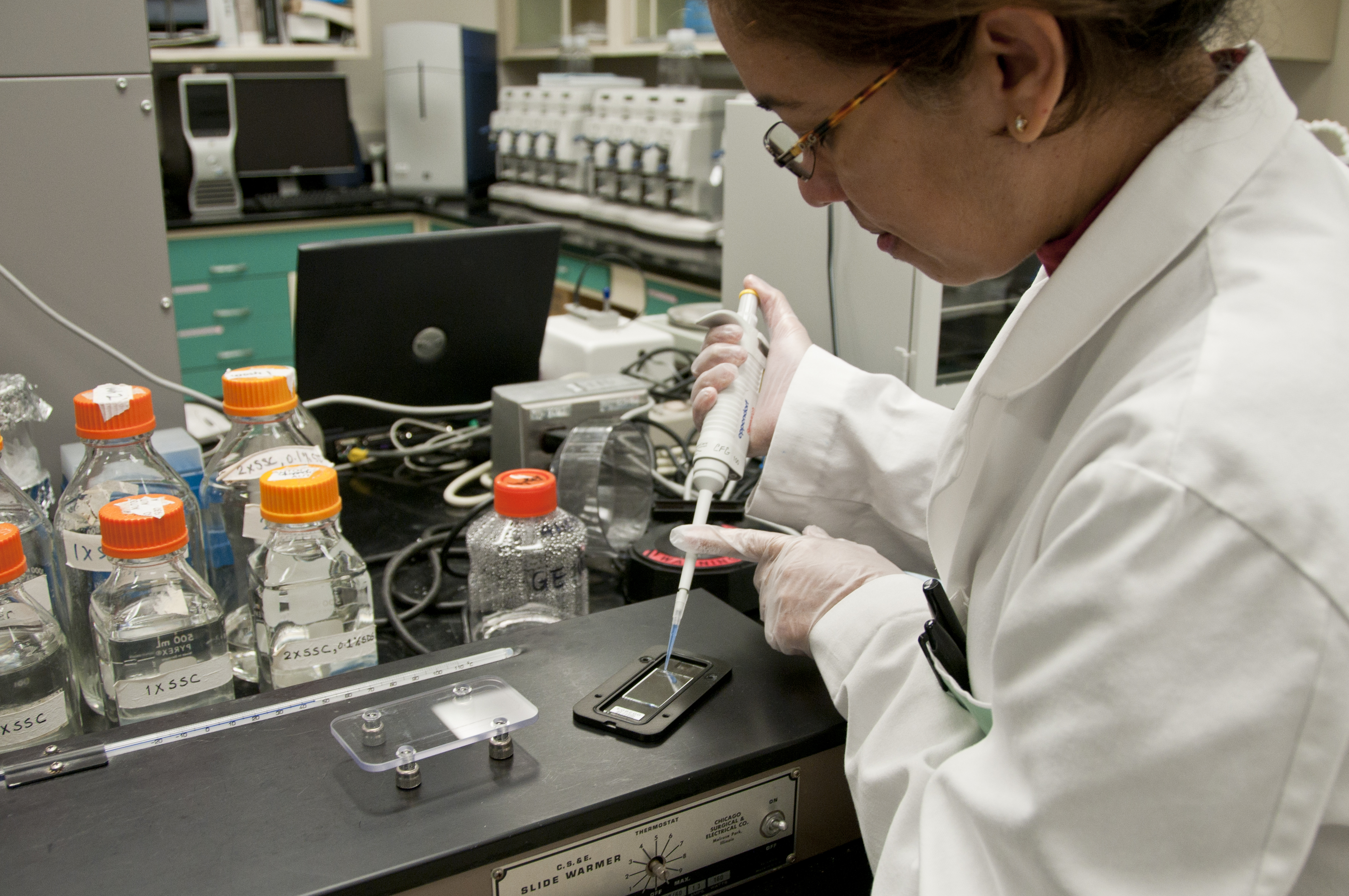
Photo from academic.microsoft.com
Shiga toxin-producing Escherichia Coli (STEC) infections routinely run as a common gastroenteritis, but in many cases they may evolve towards hemolytic uremic syndrome (HUS). HUS is a rare disease characterized… Click to show full abstract
Shiga toxin-producing Escherichia Coli (STEC) infections routinely run as a common gastroenteritis, but in many cases they may evolve towards hemolytic uremic syndrome (HUS). HUS is a rare disease characterized by microangiopathic hemolytic anemia, thrombocytopenia, and acute renal failure. Gut microorganisms have a fundamental impact on human physiology, because they modulate normal intestinal functions and play a pivotal role in influencing the local and systemic immune responses. Despite surveillance established in many countries and major progresses in the understanding of STEC-HUS mechanisms, no specific treatment is currently available. Targeting the gut microbiota could represent a new potential therapeutic strategy in STEC infection. In this paper, we reviewed the current knowledge about microbiota characteristics of patients with STEC infections, as well as in vitro and in vivo evidence of probiotic supplementation in managing STEC gastroenteritis and in HUS onset prevention.
Journal Title: International Journal of Environmental Research and Public Health
Year Published: 2019
Link to full text (if available)
Share on Social Media: Sign Up to like & get
recommendations!